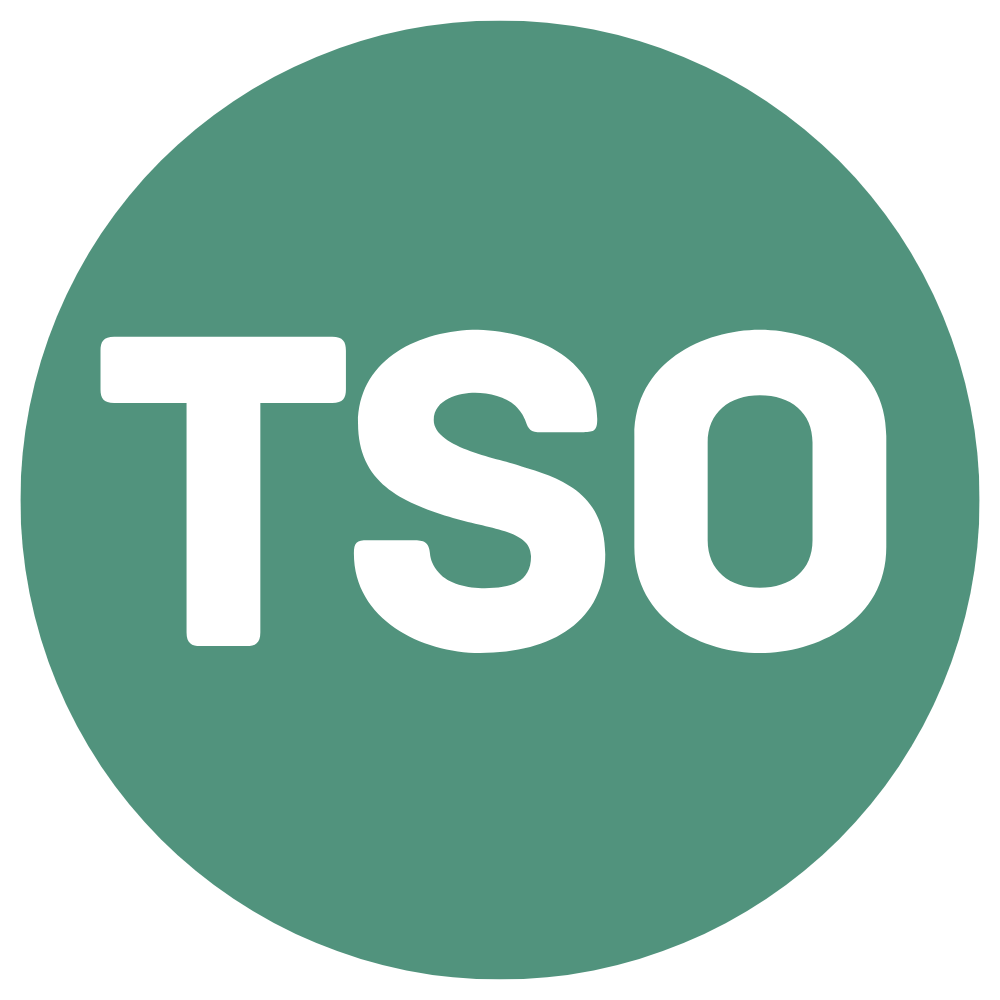If you are the friend everyone texts when Apple Pay rolls out a new feature or a regional bank posts “digital-core migration,” reading headlines probably is no longer enough. You want to influence who gets funded. The timing is right. Global fintech investment tallied $95.6 billion across 4,639 deals in 2024, its lowest level in seven years but still ahead of every vertical except AI . Partner teams admit they cannot track every payments orchestration pitch in São Paulo or reg-tech seed round in Lagos, so they lean on two on-ramps that anyone with insight and hustle can access.
Scout tracks hand trusted operators a pool of another fund’s money – often $50 k to $100 k – to deploy in five-figure slices. You share 10–20 percent of any upside and rarely touch personal cash. Fellowships invest in your time instead. Over eight weeks to a full academic year you learn term-sheet math, run diligence calls, and graduate with a portfolio memo or actual cap-table entries. Both paths care more about the networks you already serve than the logo on your résumé. If the next breakout founder in Nairobi pings you first about an interchange hack, that relationship is currency.
Why fintech funds rely on these programs
- Coverage beyond coastal hubs. A twenty-person scout cohort gives a New York fund real eyes in Manila, Bogotá, and Lagos for less than the cost of opening one office. Saison Capital’s year-long program, for example, now fields more than fifty scouts across eleven emerging markets .
- Vertical depth. KYC stacks, embedded finance, and cross-border B2B payments need specialists who grasp license regimes and unit economics. Fellowships such as Fin VC’s six-month track put fellows on live diligence so they can translate churn and loss-ratios into conviction .
- Speed. QED Investors launched “Bolt,” a dedicated seed fund that lets a single partner wire up to $1.5 million in days – a model that only works because a distributed network flags deals early .
What selection committees really test
- Community reach. Maybe you moderate a 7 000-member embedded-payments Slack or host fintech meetups in Memphis. Screenshots and attendance numbers speak louder than titles.
- Filtering skill. Every application asks for “one company you would back.” Outline total addressable revenue in two lines, cite the one killer KPI, and defend valuation logic.
- Ethical reflexes. Scouts and fellows see financial data weeks before it is public. Expect hypotheticals on confidentiality or signaling risk.
Interview funnels are short but intense: a culture chat, a written memo, and a partner debate. Acceptance rates hover near three percent, so polish materials early.
Life inside a cohort
Think of it as a mini-MBA sprint. Monday sessions unpack interchange waterfalls and fraud-loss reserves. Mid-week groups debate a live seed deck – one fellow defends, another red-teams. Friday office hours let a general partner rewrite your thesis in red ink. Scout tracks usually require one qualified lead each month. Fellowship tracks typically end with a mock investment committee where you defend a deal and outline reserves. Plan on ten focused hours weekly; shortcuts show fast.
Results that make the grind worth it
- Track record. Three micro-checks or a modeled portfolio beats “interested in VC” on LinkedIn.
- Peer circle. Alumni Slack channels for On Deck’s eight-week Fintech Fellowship light up daily with diligence asks and job leads .
- Pattern recognition. After twenty founder calls you will smell venture-scale potential – or vaporware – inside five minutes.
- Option value. Graduates spin up AngelList syndicates, join growth funds, or bring investor tactics back to product roles. Fin VC notes that past fellows have parlayed the part-time track into full-time seats at the firm or its portfolio .
Decide whether the model fits
Ask three questions:
- Can you free ten hours a week for at least three months?
- Will your employer sign off on outside investing or side-project time?
- Are you aiming for a full-time VC role or staying an operator who writes occasional checks?
If the answers line up, assemble an application pack: a 100-word bio with quantified wins, a one-page sector thesis that uses a proprietary data point (for example, why interchange compression in LATAM doubles margin potential), a simple Google-Sheets cap-table, and two founders ready to vouch for your judgment. Treat the application as your first investment memo – tight writing and clear numbers prove you already think like an investor.
Remember: local intuition is not a footnote. A scout embedded in Dallas‐Fort Worth community-bank rails or a fellow fluent in M-Pesa agent economics offers nuance no Sand Hill Road boardroom can fake. Lean into that context, commit to the workload, and you will exit the program speaking the language partners and limited partners respect – valuation discipline, risk ladders, and compliance pathways – while delivering insight headquarters rarely sees first-hand.




